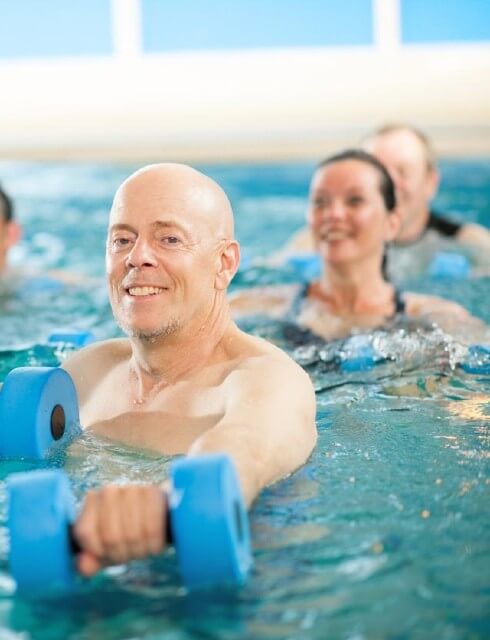🕖Latest Change: November 15, 2022 – ⎙Published:July 4, 2008.
Swimming Cures Gout Introduction
Here are some personal experiences about swimming from gout sufferers.
I am currently researching this to see if any studies give better insight. However, we know that gout management has to be tailored to each sufferer. And the information strongly suggests that swimming is a good experience for some gout sufferers. But not for all. So the best thing you can do now is to share your own experiences or concerns about how swimming affects you. By adding your comments after reading this page.
- This topic has 6 replies, 3 voices, and was last updated 11 years, 11 months ago by .
Leave Swimming Cures Gout to read Gout and Exercise to reduce Uric Acid.
Swimming Cures Gout Comments
Please add your comments below.
Your feedback options are:
- Add comments below.
- Create a new issue about any gout concern that you want to resolve. Or join an existing issue.
- Start a new discussion about any gout topic that interests you. Or join an existing discussion.
If you are asking a question, it is best to:
- Search for that question in the GoutPal Search Engine first.
- Choose the most relevant result.
- Refer to that result as you ask your question.
